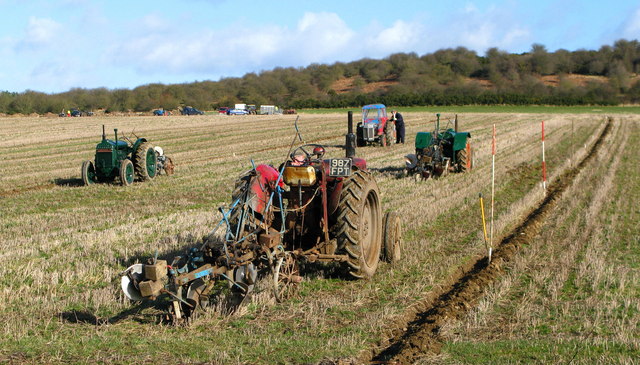Exports to the EU have fallen by an average of 16% per year in the last three years

Exports of British food to the EU have decreased by an average of £2.8 billion per year since the Brexit transition period ended in January 2021.
New data from the Centre for Inclusive Trade Policy (CITP) reveals that nearly one-fifth (16%) of the UK’s food and agricultural exports to the EU have been lost post-Brexit.
The trade think tank reports that new requirements for physical, documentary, and identity checks have complicated agri-food trade between the UK and the EU since Brexit.
Food imports from the EU have also fallen by an average of £4.3 billion, or 8.7%, over the last three years.
While the fall in imports and exports of food has coincided with covid and the Russian invasion of Ukraine, the CITP has said “trade flows between the UK and EU, particularly exports, demonstrate no recent signs of regaining previous levels”.
The CITP’s report noted that “in most legislative areas, including pesticides and hazardous substances, the EU has introduced stricter standards, which the UK hasn’t matched”.
However, the UK has introduced stricter animal welfare standards.
Before Brexit, it was estimated that around 90% of UK food law and policy was made at an EU level.
This ‘regulatory harmonisation’ supported the UK’s reliance on EU food and helped develop highly integrated supply chains within and between UK and EU agri-food businesses.
In its election manifesto, Labour pledged to negotiate a new Sanitary and Phytosanitary (SPS) agreement with the EU, establishing standards for food safety, as well as animal and plant health.
Labour said the agreement would “prevent unnecessary border checks and help tackle the cost of food”.
Campaigners and industry groups are now urging the government to push ahead with making the SPS agreement in order to remove barriers to trade.
After three years of delays, the government introduced reciprocal health certification requirements for plant and animal goods imports in January, followed by physical checks in April.
Olivia Barber is a reporter at Left Foot Forward
Left Foot Forward doesn't have the backing of big business or billionaires. We rely on the kind and generous support of ordinary people like you.
You can support hard-hitting journalism that holds the right to account, provides a forum for debate among progressives, and covers the stories the rest of the media ignore. Donate today.



